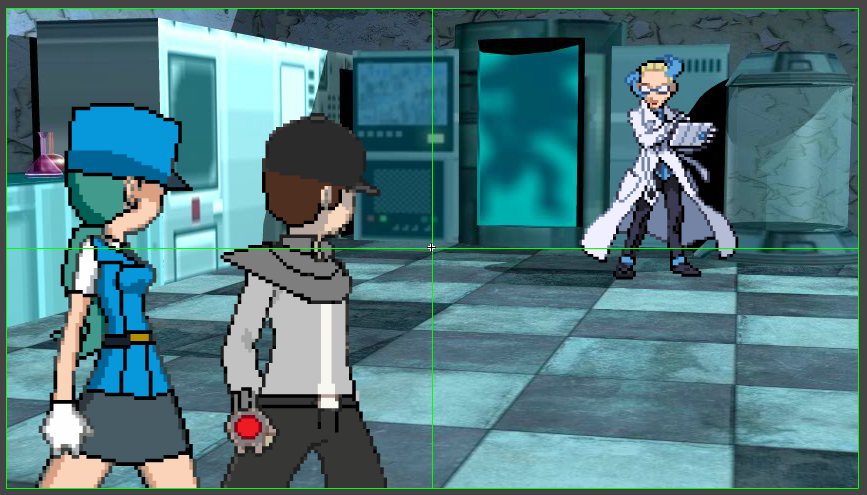A plot device is anything that keeps a story moving or creates/resolves a conflict. Writing a good story can be tough. There are lots of factors that need to be woven together to make the story worth a persons time. Factors like the goals of the heroes and villians and what the consequences of failure will mean (the stakes). If the stakes are too low or the villians are too incompetent, then the reader will probably get bored. If the opposite is true, the stakes are too high or the villain is unstoppable, the reader may have a hard time believing any of the heroes victories. In either case, you may have to resort to some lame plot devices to make it work. Here are 3 of my least favorite plot devices and shame on anyone who relies on them.
#3 - Prophecies or Chosen Ones
A Prophecy is a prediction of events that will unfold in the future. Usually given to the reader/characters by a prophet, ancient writings, or dream.
Example - Zelda 64 - Zelda has a dream that predicts a boy with a fairy (Link) will come from the forest and defeat the evil shadow hanging over the kingdom (something like that).
Why it's bad -
Because these plot devices are completely unnecessary. Why make a prediction about events that are supposed to happen in your story instead of just making them occur naturally? Why would Zelda need to have a dream about Links arrival to save the day when she could have just asked him to help when she first met him in the garden? You don't need to prophesize that the hero is supposed to save the day when the reader kind of already knows that's supposed to be the case. The same thing goes for "chosen ones". Think about my WoC series for a second. Is it really necessary for me to have a prophecy for Teejay that says something like "A chosen one will challenge the chaos master to save the world." I kind of already established that struggle when I introduced the main conflict of the series and made Teejay the main character. Why would I need a prophecy?
You might say, "but Teejay, having a prophecy/chosen one makes the hero feel more pressure to fulfill it and thus adds to their struggles." Well what is the consequence of their failure to fulfill the prophecy? Let's just say world is destroyed. That right there is enough motivation for the hero, you don't need to add "fulfilling a prophecy/role as chosen one" to it.
When it's okay -
The only time I can think of prophecies being okay is if the prophecy fails or if it benefits the villain. Then the heroes are left to their own devices to try and save the day. This takes away the readers sense of security and may make them eager to find out what happens. But once again, if your story is good already, you shouldn't need to resort to this kind of thing.
#2 - Mind Control
Mind Control is when a character(s) are being forced to do something they wouldn't normally do because another character is directly controlling their mind. This is different from brainwashing or deception.
Examples - Avengers movie, Loki uses his staff to mind control several characters into helping him instead of tricking them (Loki is supposed to be a master of deception).
How to Train Your Dragon 2 - The Alpha Dragon (Bewilderbeast) Mind controls Toothless into attacking Hiccup and serving the villian.
Why it's bad -
Because it's lazy. Their are other ways to manipulate a character into doing something against their will. You could use deception or threats. In Wreck-it-Raplh, King Candy uses Ralph to stop his friend Vanellope by convincing him that her safety was in danger. How much lamer would it have been if King Candy had just mind-controlled Ralph into helping him? It can also make for some one dimensional characters. Characters who get mind controlled lose that internal struggle (I was in control but made a bad choice opposed to I wasn't in control so it wasn't my fault). Theres not much satisfaction in a character redeeming themselves if they weren't to blame to begin with.
You may say "But Teejay, your WoC series is all about Pokemon getting controlled by the Chaos Master to kill humans." Well, that is true. But the Dark Pokemon are a faceless horde as opposed to a developed character, much like a zombie outbreak. And the criteria by which someone changes from a Human/Pokemon into a zombie/dark pokemon is stable (gets bitten/loses their pokeball) as opposed to a character just randomly changing. How lame would it be if normal pokemon just suddenly became Dark Pokemon (or vica versa) whenever it was plot convenient?
When its okay -
A character getting possessed by another character can be okay, as long as it's established that the character can do that, and there is a limit (ie: only one person at a time).
#1 - Dues Ex Machina
Dues Ex Machine (God of the Machine) is a plot device where a seemingly unsolvable problem is suddenly (and often unexpectedly) resolved by a previously unmentioned or infallible resolution (IE: God fixes everything, it was all a dream, etc.)
Example - Donita K Paul's DragonLight book. The heroes are facing a powerful evil dragon called Mot Angra which has already destroyed one world, and one of the heroes is suffering from a nervous breakdown. God gives them a magic egg that both kills the dragon and cures the nervous breakdown. The egg is not mentioned in the series prior to them getting it.
James Cameron's Avatar - The planet summons up all the animals to help fight off the humans. Animals that previously hated one another suddenly began working together.
Why it's bad -
Because it's lazy, boring, inconsistent, and just downright unfair to you readers. Are you so poor a writer that you can't think of a way to resolve the very conflict you established without resorting to some cheap trick? Do you hate your audience so much that you spend all this time developing your characters abilities only to not need them at the moment of truth? I imagine we all felt some anxiety when we first climbed that staircase to Ganondorf's room in Zelda 64. How lame would it been if the Triforce had just stopped him before Link even got to fight? Or what if Ganon had won and Link suddenly woke up and it was all a dream? Would you not be outraged? If your villains are too powerful or the problem is unsolvable without using deus ex machina, then you need to rethink your story.
You may say "But Teejay, seemingly invincible foes or insurmountable problems make a story more exciting." Well that's true, but not when it reaches the point that the heroes need a miracle or a cheap plot device to succeed.
When its okay -
Never. Let's take the dragon/egg story I mentioned above. That might have been acceptable if the God egg had been mentioned in previous books, maybe a some holy relic, like the Ark of the Covenant. It wouldn't really be considered a Dues ex Machine in this case however, because it was previously mentioned.
Another thing that can be acceptable is transformations. I'm a fan of heroes changing into more powerful forms, so I can see how that might pop up unexpectedly. It can be okay if the hero had given it their all up to that point, and/or the transformation doesn't solve everything but rather just evens the odds. IE: When Goku first became a super sayain while fighting Freiza, Freiza was still far from beaten.
In closing...
Well, thats my list of lame plot devices. I'm open for discussion on these. Are there times you've seen these used poorly? How about times you think they actually worked? Are there any other plot devices you think are lame?
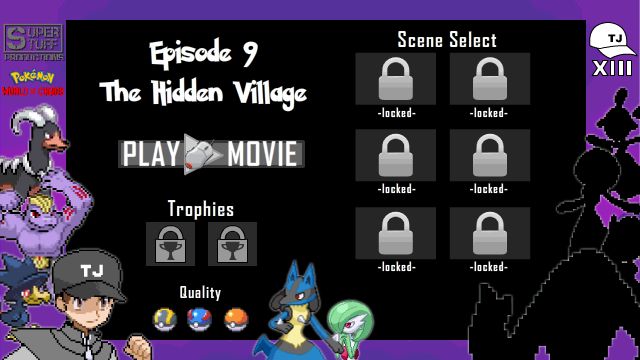
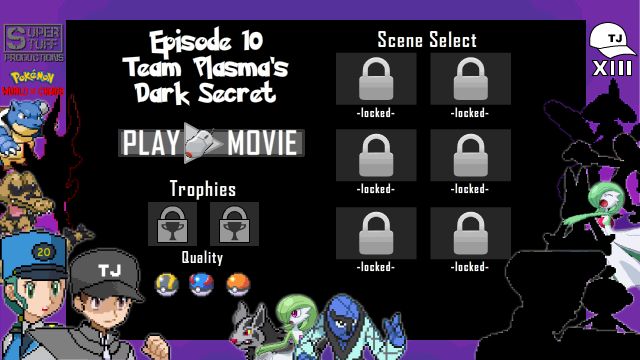
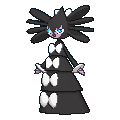 (Gothitelle) is in the Human-like egg group but
(Gothitelle) is in the Human-like egg group but 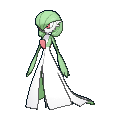 (Gardevoir) is in the Amorphous egg group? This is very strange. My research seems to conclude that Gardevoir was originally supposed to have no legs, just a dress that hangs down (like Frosslass) and so was slotted for Amorphous egg group. But they ended up giving her legs except didn't switch her egg group. Maybe they did it on purpose to try and stem the tide of people who fantasize about Gardevoir.
(Gardevoir) is in the Amorphous egg group? This is very strange. My research seems to conclude that Gardevoir was originally supposed to have no legs, just a dress that hangs down (like Frosslass) and so was slotted for Amorphous egg group. But they ended up giving her legs except didn't switch her egg group. Maybe they did it on purpose to try and stem the tide of people who fantasize about Gardevoir. 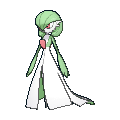 (Gardevoir) sex with
(Gardevoir) sex with 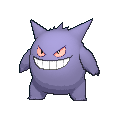 (Gengar) = Perfectly okay!
(Gengar) = Perfectly okay!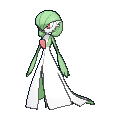 (Gardevoir) sex with
(Gardevoir) sex with 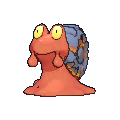 (Magcargo) = Acceptable!
(Magcargo) = Acceptable!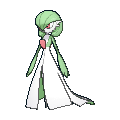 (Gardevoir) sex with
(Gardevoir) sex with 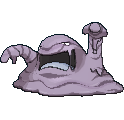 (Muk) = Totally Understandable!
(Muk) = Totally Understandable!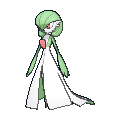 (Gardevoir) sex with
(Gardevoir) sex with  (human) = WEIRD! GROSS! BESTIALITY! POKEALITY!
(human) = WEIRD! GROSS! BESTIALITY! POKEALITY!